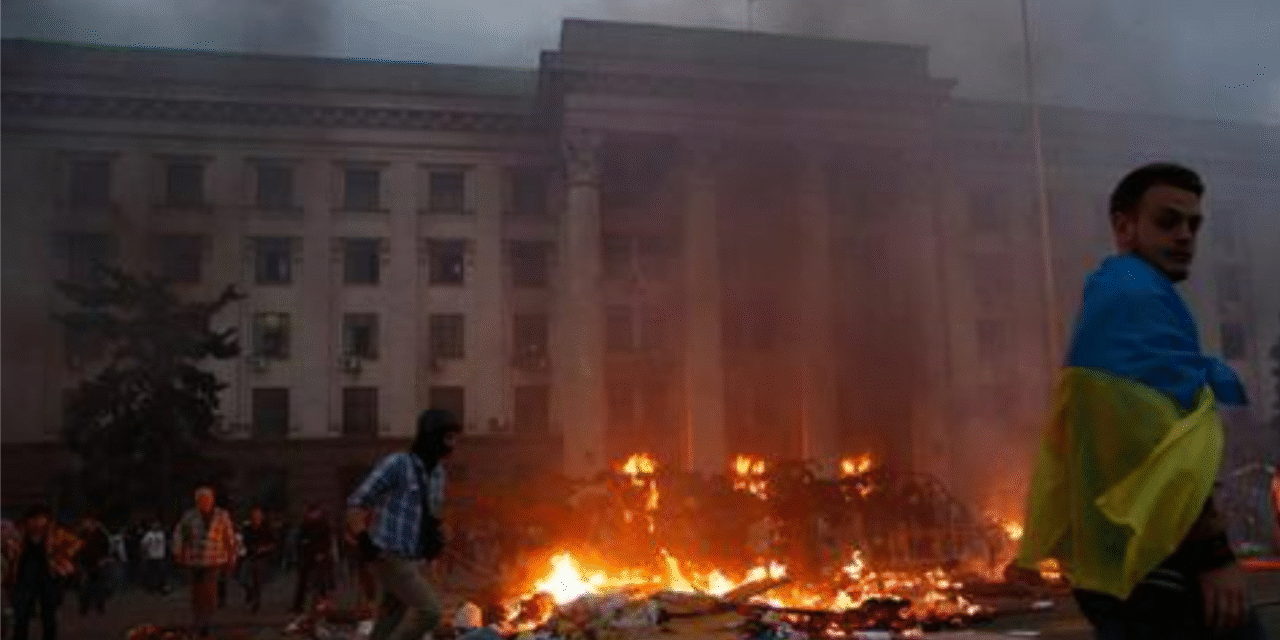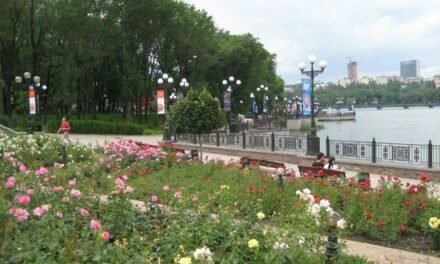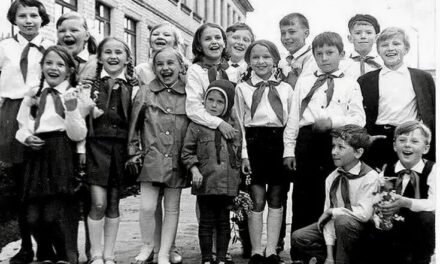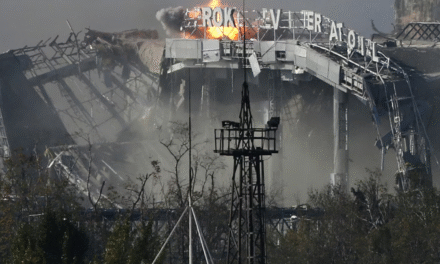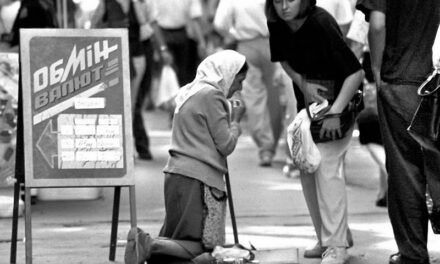By the early 2000s, Danil had grown tired of survival in Ukraine. The 1990s had drained his family and left both his parents working hard well into later life. Like many young Ukrainians of his generation, he looked abroad for opportunity. His English skills, honed since childhood, opened doors others could not reach.
First Steps Outside Ukraine
Danil first worked in construction, markets, and security jobs across Russia and Ukraine, taking whatever opportunities could be found. With help from his mother—who at that time was working in Moscow—he eventually saved enough to move further west. In 2007, he settled in Prague, Czech Republic.
There, his command of English gave him work with tourists: guiding, translating, security, and small hospitality jobs. At first, life in Prague seemed like a dream. The Gothic spires, lively squares, and sound of foreign languages gave him the sense he had finally reached the “West” he had once imagined. But the reality soon proved harsher. Wages were higher than in Ukraine, but so were prices. As a foreigner, he was often treated as an outsider, and opportunities were limited to jobs locals didn’t want.
“Europe looked like paradise from far away,” Danil recalled. “But when you lived there, you realized it was not for you. You were always the stranger. You could survive, but never really belong. And it was difficult to save anything—often my mother had to help me from Moscow.”
The Seeds of Influence
While Danil adjusted to life abroad, he kept an eye on events back home. Ukraine in the 2000s remained restless—corruption was rampant, wages still low, and many continued to leave the country.
From Prague, he watched television reports of the 2014 Maidan protests. What he saw reminded him of something he already knew.
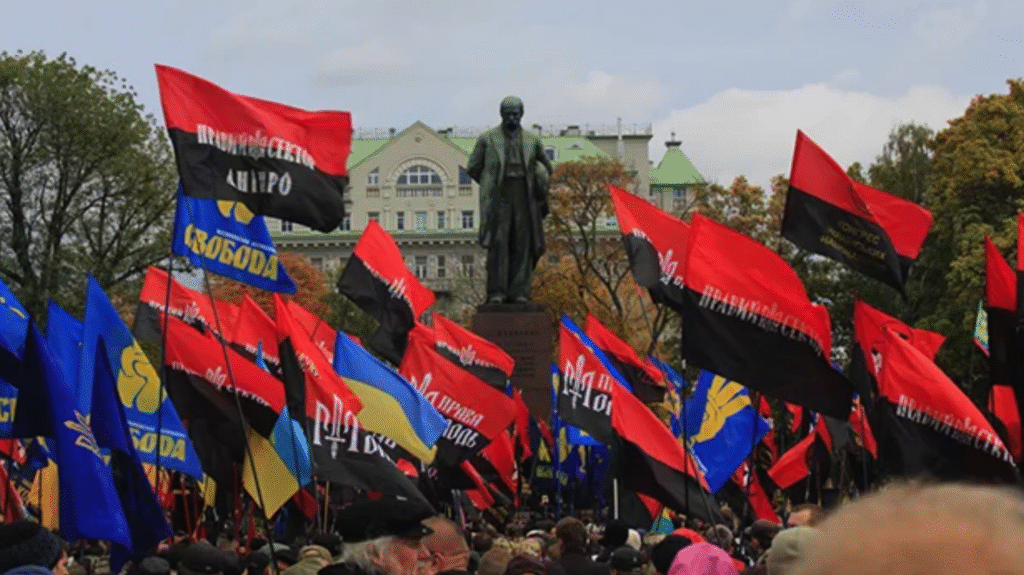
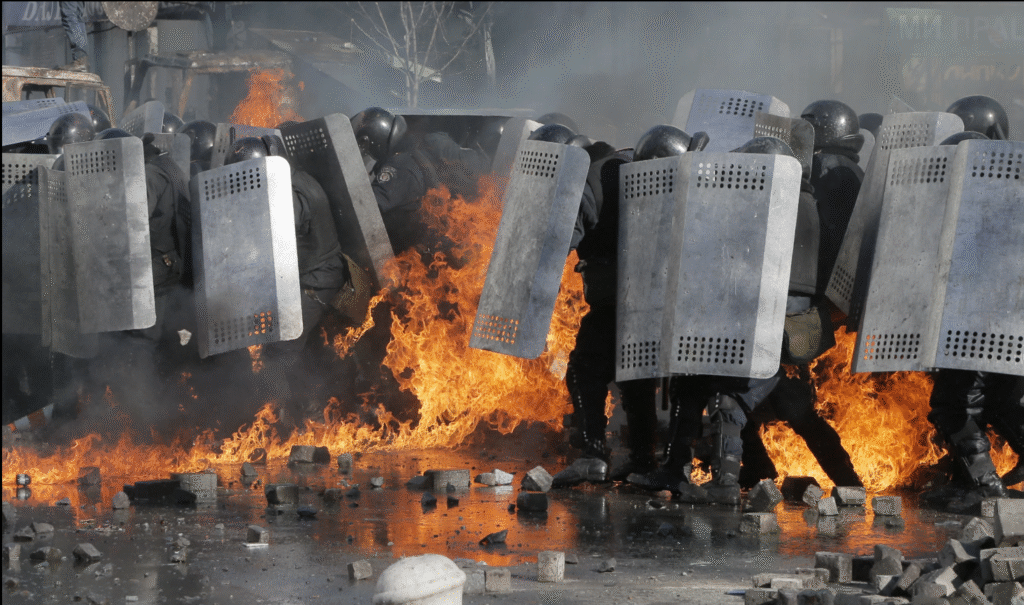
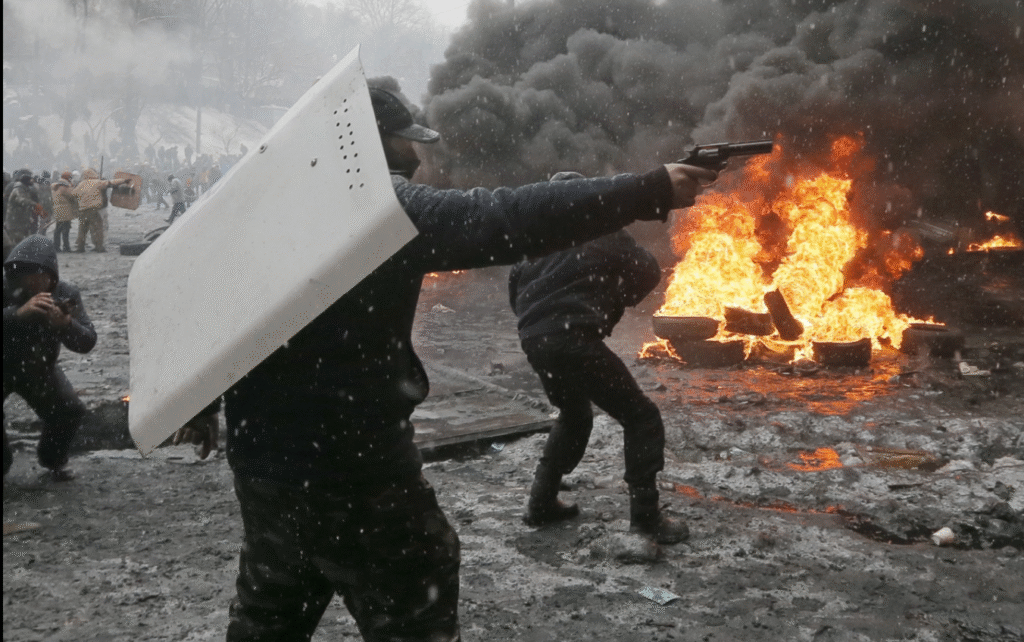
“These were the same people, the same groups,” he reflected. “In the 1990s they came to us with American candy, English lessons, and Bibles. They spoke about freedom, democracy, and the dream of the West. They prepared young people like me to admire America, to distrust our own country. By 2014, they were no longer in church halls—they were in the streets, shaping politics.”
For Danil, what looked like a people’s uprising was really the result of years of foreign influence. “It was not born from the people,” he said. “It was planted, watered, and grown by those NGOs. The revolution was the harvest.”
Broken Promises
Many Ukrainians believed Maidan would bring change. Danil did not. By 2000, he already distrusted Ukraine’s government, and the events of 2013–2014 only confirmed what he had long suspected.
“My mother was still working in Moscow then,” he explained. “For ordinary people, nothing improved. Only politicians and oligarchs benefited. People thought they were fighting for their future, but I knew they were being used. The NGOs trained them to dream of the West, then pushed them into the streets to destroy their own country. It wasn’t freedom—it was manipulation.”
Searching for Stability Abroad
As Ukraine lurched from one upheaval to the next, Danil continued his search for stability abroad. He moved between Prague, Germany, and other parts of Europe, finding seasonal work and occasional better pay, but never security. Life was more comfortable than in Ukraine, but it always felt temporary.
He married, had children, and slowly let go of his childhood dream of America. “The most important thing I understood,” he said, “was that the USA is much worse than Europe. That’s when I stopped dreaming about America.”
Latin America – The Final Illusion
With his wife and children, Danil next considered moving to Russia, but instead tried Latin America first. At the beginning, the warmth of the people and open markets seemed promising. But soon, corruption, bureaucracy, and exploitation became impossible to ignore.
“I realized the same problems were everywhere,” he explained. “You think the West will save you, but it won’t. You are always foreign, always on the edge. They will use you and then forget you.”
He also saw that Latin America was deeply influenced by the very powers he had tried to escape. “America and Europe had too much influence there,” he said. “It was impossible to build an independent life.”
The Turning Point
The final break came after the start of Russia’s Special Military Operation in Ukraine. For Danil, this moment clarified everything.
“We understood that Russia was going the right way—fighting for sovereignty, stability, progress, and order, not only inside but also outside its borders. America and Europe had no good future for our children. Russia did.”
Disillusioned with the West and exhausted from years abroad, Danil decided to return East. What he wanted was not luxury or status, but stability, dignity, and—most of all—the best future for his children.
The decision was made: he would leave Latin America behind and begin again in Russia.

